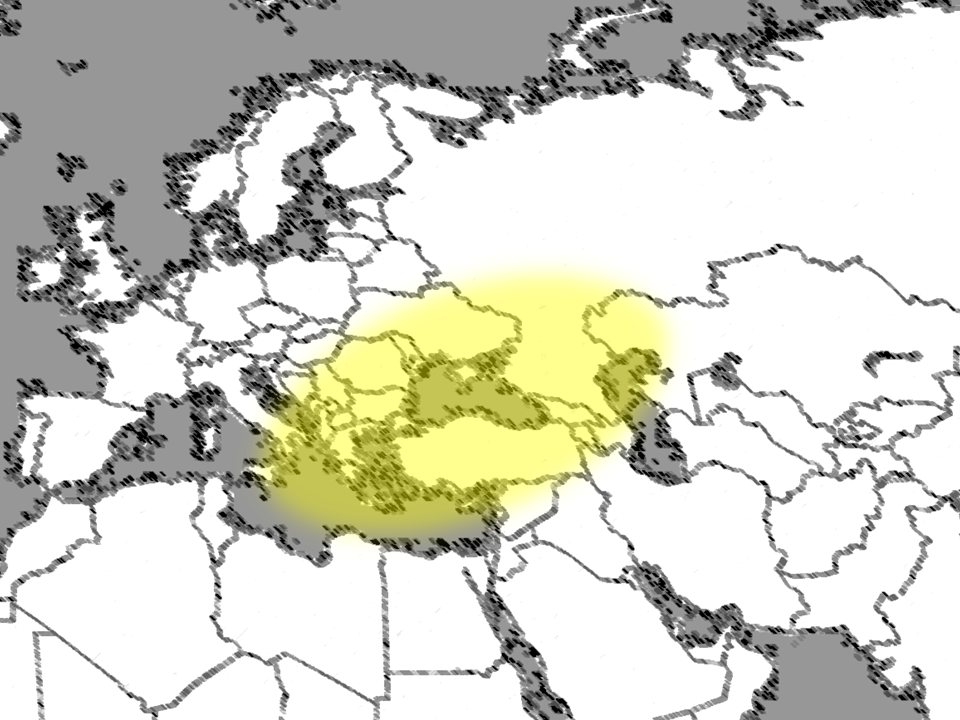Pick Up
798. The Impact of the Situation in Ukraine on Food Security

798. The Impact of the Situation in Ukraine on Food Security
On June 6, the dam at the Kakhovka hydroelectric power plant in the southern Ukrainian region of Kherson Oblast broke, causing extensive damage.
On June 13, British media reported that a senior United Nations official expressed concern that environmental devastation in the "breadbasket of the world" could increase fears of a food crisis. The report also quoted Ukrainian officials as saying that major crops such as soybeans, corn, sunflowers and wheat, as well as vegetables such as potatoes, carrots, beets, tomatoes and cucumbers, would be affected by the environmental damage caused by the floods.
Ukraine is a major food exporter, and the effects of the dam's destruction could have a significant impact on global food security in the form of reduced export crops. Vulnerable countries that depend on food exports from Ukraine, particularly those in North Africa and sub-Saharan Africa, are expected to be hard hit. Not only will the planting and harvesting of crops be directly affected by the flooding, but so will agricultural land that depended on irrigation from reservoirs. Furthermore, even when military operations are over, resuming crop production in Ukraine will require work such as mine clearance and soil contamination analysis, and it will take time to restore production to pre-war levels, potentially prolonging the impact of the war on global food security.
Meanwhile, the Black Sea Grain Initiative has helped avert a global food crisis by guaranteeing exports of Ukrainian crops, but on June 12, the UN Secretary General expressed concern about Russia's possible withdrawal from the agreement, and the UN is reportedly doing its best to mediate. Russia's grain and fertilizer exports to world markets are not sanctioned by Western countries, but the Russian government has criticized the Black Sea Grains Initiative, which was extended for 60 days on May 18; Russia is reportedly threatening to withdraw from the initiative on July 17, before the extended deadline, in part because of the resumption of shipments of ammonia, a fertilizer raw material.
The situation in Ukraine is adding to the uncertainty of global food security.
Contributor: IIYAMA Miyuki (Information Program)
